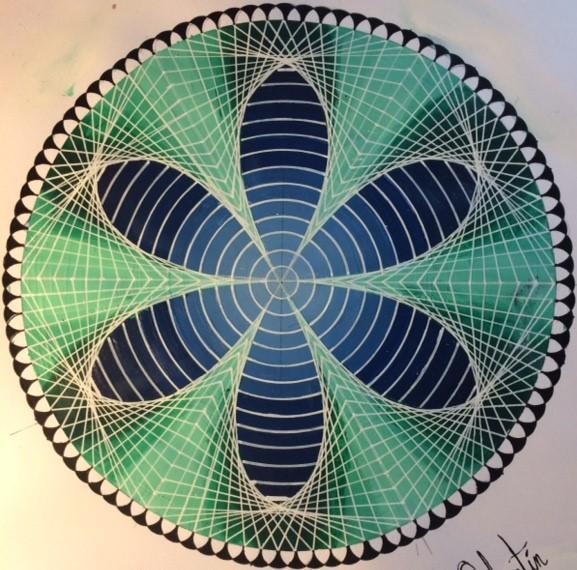WORDS WE DON'T WANT TO HEAR
WORDS WE DON'T WANT TO HEAR
There is a pseudo-spiritual, pseudo-psychiatric saying that we are to forgive and forget. Depending on your point of view, it goes back to the Bible, Shakespeare (King Lear) or Cervantes (Don Quixote). I strongly recommend that people look to either Shakespeare or Cervantes on this one.
The Bible never tells us to forgive and forget.
I have a history of greatly upsetting the psychiatric and religious communities when they tell me to forgive and forget. I tell them No. Absolutely not. Never.
Then I go on to explain that, as a historian, only fools forget the lessons time teaches us. It is how wars begin. Somebody forgot what happens when they trust people who are not to be trusted. Just because we may want to live peaceable spiritual lives based upon spiritual principles does not mean others have the same plan.
Here is what suggest. Be like me. I am a pacifist who believes one must always be prepared for war.
I am a mystic who conspires daily against hell. Does anyone actually believe that anybody anywhere sees devils? Maybe in the movies, not in real life. Except I do.
What you may not want to hear is that angels and demons are more real to me than humans. Humans baffle me. Spirits are my reality.
Hell is a very real thing. I’ve been there enough times to know that regardless of how bad people might think it is, it’s worse. However much someone may wish to pretend it doesn’t exist, it exists.
The closest representation I’ve seen are the tapestries and paintings of Tibetan demons. Looking at them could give most people nightmares. However, they are not as scary as the real things. Nothing is.
We don’t want to hear about that.
We want to pretend that we are all good people. If there is an afterlife—and who says there is—how bad can it be? We want to believe we will all go to heaven.
There’s an afterlife. I say so. Whether it is very good or very bad is up to each individual person.
Individuals actually have to do something in their lives that determines what becomes of us after this life ends. Whether we go to heaven is something we spend our lifetimes working toward. Or not.
You may not want to hear something which I’ve been saying to healthcare professionals loudly and obnoxiously over the last few years.
What are you doing about the new health crisis?
It isn’t Covid. We’re only a couple of years into the initial phase. We have another three to five years more of this coming at us. It isn’t long-term Covid or the tens of millions who have died or will died from this virus. It’s more brutal than any of that.
I ask them what they are doing about survivors’ guilt. How they plan to provide resources for the survivors. People who have seen loved ones die after long bouts with cancer, dementia, AIDS and goodness knows what other diseases know precisely what I am talking about. You know what this is.
How have you already managed your survivors’ guilt? It’s the psychological trauma that comes from outliving our loved ones, our friends and family. Did you go on with life? Did you remember to go to work, eat meals, pick up the dry cleaning and walk the dog?
Many people do not live or live well after the traumatic death of someone they love.
If we have survived prior deaths by thousands of blows, and if we are not caught in this current epidemic, we are the ones needed to help Covid survivors go on with their lives. Maybe it was hard enough dealing with our own traumas. Maybe we don’t want to relive all of those days and nights of horrors.
None of that matters.
We’re the living. Our job is to help others live. We are called upon to provide an example of what it’s like when someone has gone through the hell another person is in. We somehow fought our way through those battles. We picked ourselves up out of the mud, cleaned ourselves off and went on with it. We got our heads back above water.
Maybe we had help. In many cases, we did not. Sometimes it’s because other people didn’t know how to help us. Or we didn’t know how to accept their help for far too long.
Now we get to help another person go on with life. The facts behind the deaths may be different. The skills needed to live again are similar.
The word is this. If you have survived the trauma of helping another person with a deadly disease, don’t go away. Your life has just begun.
Your place is here. You don’t need to see angels. You do need to know how to steer your way through this maelstrom called life.
Be the first to post a message!
